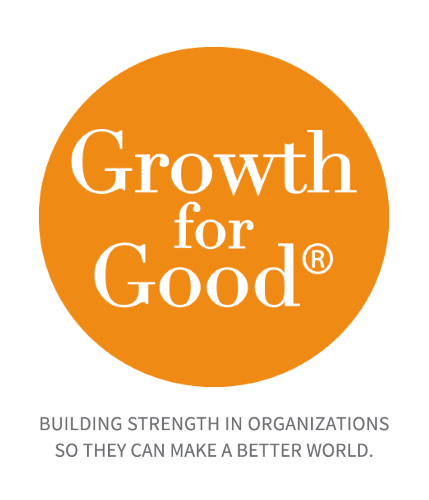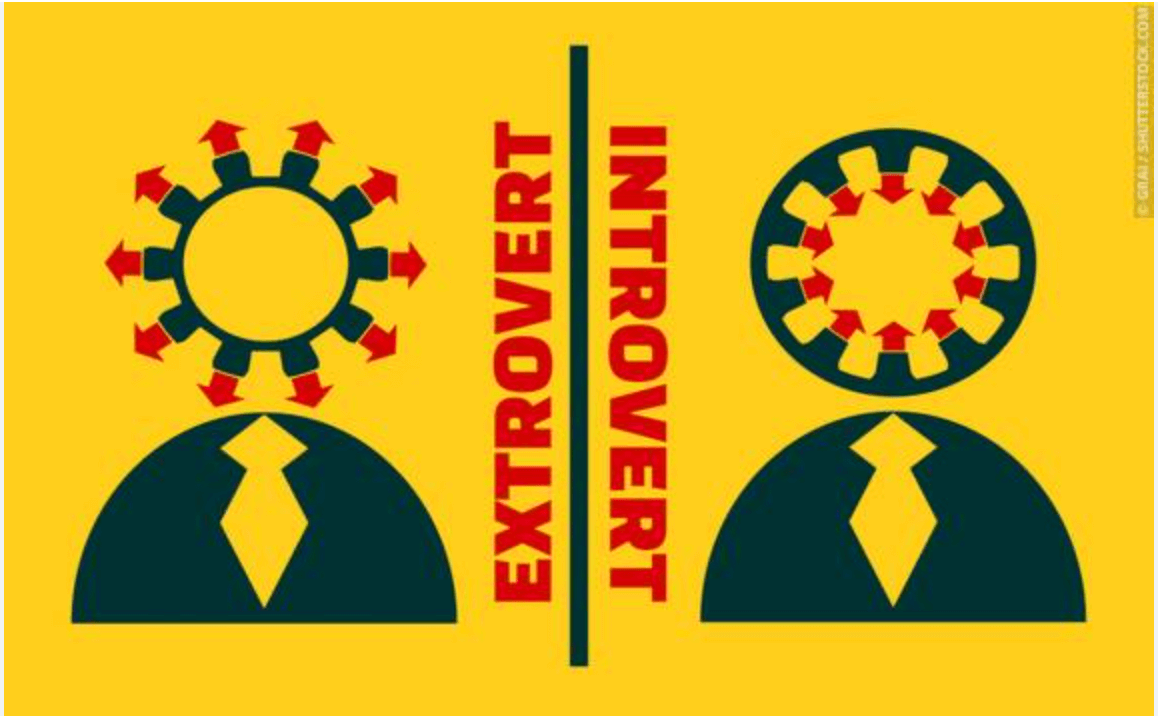Spark Change in 2024: Harness the Positive Power of Appreciative Inquiry
The Power of Positivity: A Guide for Nonprofit Leaders
It’s time to inspire nonprofit leaders and teams to collaborate, get creative, innovate, and coalesce around a path forward. Appreciative Inquiry is a transformative approach to organizational change that focuses on highlighting what’s working well rather than fixing what’s broken.
First developed by David Cooperrider and Suresh Srivastva in the 1980s, Appreciative Inquiry was used to tackle ‘human problems’ in organizations, but what they discovered was a whole new way of leading change.
Appreciative Inquiry invites us to shift from a problem-centric to a strengths-based perspective. This creates a planning or learning environment where innovation and creative solutions can flourish.
It may sound a bit “woo woo” when you first learn about it. Katherine DeFoyd began her exploration of this Appreciative Inquiry approach three years ago with a significant dose of skepticism. But don’t be fooled. It is an effective way to create real team buy-in. We have seen firsthand how this approach, centered on positivity and celebrating strengths, can drive real, measurable change. We are now true believers.

Appreciative Inquiry is not about ignoring problems, but rather about shifting from a deficit-based view to a strengths-based one. From strategic planning to defining job roles, it provides a framework for driving real change—change that is grounded in strengths, not weaknesses and threats.
In Appreciative Inquiry: A Positive Revolution in Change, author David Cooperrider writes: “In [appreciative inquiry], the arduous task of intervention gives way to the speed of imagination and innovation. Instead of negation, criticism, and spiraling diagnosis, there is discovery, dream, and design.”
As we set foot into this new year, we challenge you to try Appreciative Inquiry in your next planning process. Move away from the traditional problem-solving mold and instead, celebrate your strengths and successes. Be visionary, and let your team think boldly and creatively.
Remember, it’s not about focusing on what’s broken—it’s about amplifying what’s working. Let’s embark on this journey together and see how Appreciative Inquiry can help us thrive in the upcoming year.
Five Stages of an Appreciative Inquiry Process
Described as either a five-stage, 5D, or 5I model, these planning session phases offer a clear route for driving change and collaboration:
- Define or Initiate: This is our starting point. What do we want to explore? What do we hope to achieve? By asking these questions, we narrow our focus and pave the way for a discussion that sparks creativity and drive. Inquiry topics could range from board and development growth to strategic initiatives for the next five years.
- Discover or Identity: Here we uncover our organization’s strengths. We reflect on our proudest moments, our past successes, and what we want to preserve. These insights shape our identity, strengthen team unity, and prime us for the next phase of divergent thinking.
- Dream or Imagine: It’s time to envision our future. What could we achieve? What are we being called to do? What are our aspirations? This creative phase cultivates a growth mindset, optimism, and collective ideation, opening us up to myriad possibilities
- Design or Innovate: With broad agreement on our shared strengths and values, along with a shared vision and purpose, we begin to craft a plan. What actions should we take? How do we first define then measure success? We outline strategic initiatives, success markers, and responsibilities based on shared aspirations and values. This phase ushers in convergent thinking, focusing our collective ideas into a tangible plan.
- Deploy or Implement: Finally, we implement our plan. We specify steps, establish timelines, and translate our strategies into action. The outcome is a realistic and motivational plan that reflects our collective effort.
Nonprofits are change agents, so let’s dream big and inspire. By fostering inclusivity, hope, and appreciation, we cultivate a positive culture. Here’s to hoping that the Appreciative Inquiry approach will provide a flexible framework that drives planning and team success.
Suggestions for Success
- Define the Change: Clearly articulate the desired change.
- Identify Strengths: Highlight points of pride, shared strengths, dreams, and values. Don’t focus on past challenges.
- Stay Open-Minded: Nurture broad thinking about potential outcomes and the impact you wish to have.
- Foster Innovation: Encourage innovation but set clear expectations. Define what you’ll do and how success will be measured.
- Concrete Next Steps: Agree on specific next steps, including a timeline with assignments and dates.
- Embrace Flexibility: Promote inclusivity through choreographed participation.
- Focus and Openness: Plan meticulously, but remain open to adjustments during the process.
- Don’t accept a facilitator who must be the “sage on the stage”—opt for the “Coach on the side”—everyone is equal during the planning sessions.
We stand ready to assist your organization in achieving future success. We have a track record of helping groups, both large and small.
Growth for Good’s approach to strategic and fundraising planning is based on Appreciative Inquiry—an inquiry-driven, strengths-based, whole-system model for bringing about positive organizational change and outcomes, through the power of questions.
Katherine DeFoyd honed her Appreciative Inquiry strategic planning skills by training with xchange, a growing national learning community of coaches and facilitators who use the Appreciative Inquiry approach in strategic planning and meeting facilitation. She is currently an Unlimited Member of Xchange. She has led numerous retreats and planning sessions using this approach. It also informs her workshops, approach to executive search, and other change management work.
If you use this approach to guide transformational change at your organization or want to learn more, let us know by connecting with us online (click here) or by emailing us at contact@growthforgood.com.
Sources:
Cooperrider D., Whitney D., Stavros J.; Appreciative Inquiry Handbook: For Leaders of Change (Davidcooperrider.com); 2nd ed. Crown Custom Publishing, 2008, 2019.
Thatchenkery T., Metzker C.; Appreciative Intelligence; Berrett-Koehler Publishers; 2006.
Sparvell, M.; “Appreciative Inquiry: Getting More of The Good Stuff,” Forbes, 2021.
Photos by Tim Mossholder, Nathan Dumlao, and FORTYTWO on Unsplash
Recent Posts
Subscribe to Our Newsletter
* These fields are required.
Contact Us
500 Summit Avenue
Maplewood, NJ 07040
P: 973-762-7645
E: contact@growthforgood.com






